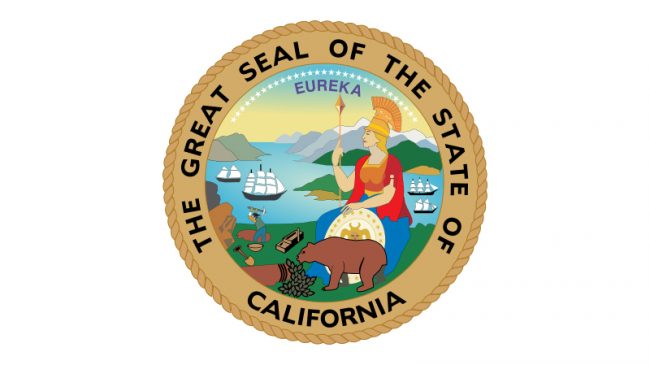Sacramento’s burning desire to keep the Kings in town has the city considering privatizing its parking meters and garages. By itself, the plan to bring the private sector in to modernize and operate the city’s parking assets would be a good one. But taking the proceeds from a privatization deal to help build an arena and subsidize an NBA team is not.
The City Council recently voted unanimously to see which companies might be interested in operating the nearly 13,000 city-owned metered parking and garage spaces. Privatizing city parking assets makes a lot of sense. Cash-strapped governments do a poor job of maintaining and modernizing parking meters and facilities. And urban parking rates are rarely what they should be because few politicians want to be blamed for raising parking costs.
Over the past few years, cities like Indianapolis have successfully launched partnerships with private firms to generate significant capital for their cities, modernize their parking systems, and more efficiently price and manage them.
Indianapolis signed a 50-year contract in 2010 covering nearly 3,700 city parking meters. But instead of taking most of the payment money upfront, Indianapolis opted for a revenue sharing plan that is expected to net the city more than $600 million.
As part of the deal, Indianapolis gets new, high-tech parking meters that customers can feed via their smartphones. The company is required to replace all parking meters every seven to 10 years. And, perhaps most importantly, the city is reinvesting the funds raised into a range of street and sidewalk improvements that it would otherwise be unable to afford.
Spending the money wisely is vital and can boost a region. When Indiana leased the Indiana Toll Road to the private sector in 2006, officials invested the vast majority of the state’s proceeds – a whopping $2.6 billion – into an interest-bearing account dedicated solely to statewide transportation projects. This allowed the state to fully fund a 10-year, $10 billion transportation program that, by the end of the year will have built 375 miles of new roads, 60 new interchanges, rehabilitated 800 bridges and improved pavement on more than 3,600 miles of existing roads.
By contrast, Sacramento will basically give its parking money to the Kings. Despite arena boosters’ rosy claims, research shows subsidizing new professional sports arenas is bad business for taxpayers.
First, taxpayer subsidies to the arena are likely to be higher than advertised. In a 2005 study of major U.S. professional sports stadiums and arenas, Harvard University’s Judith Grant Long found each NBA arena costs taxpayers $53 million more than advertised due to unexpected operating costs, capital improvements, municipal services and forgone property taxes that weren’t accounted for in initial projections. Grant Long found that, across all major professional sports, taxpayers end up paying an average of 40 percent over initial facility cost projections.
Perhaps worse than the hidden costs, a large body of academic research suggests that sports arenas are economic losers for cities. A study by researchers from Vanderbilt University and Smith College found “there is no correlation between sports facility construction and economic development.” Arenas tend to simply reallocate what’s already there, as opposed to drawing new jobs and money into the local economy.
The Kings want a new arena. But taxpayers and the city don’t need one. They need a better, more efficient government. And privatizing the parking system offers an opportunity to chart a better fiscal course for the city – unless the government wastes the proceeds.
Sacramento could invest the parking lease revenue to build infrastructure and transportation projects, pay down city debt or even shore up underfunded public employee pensions. Any of these steps would put the city on significantly better fiscal footing and deliver greater long-term benefits to taxpayers than the arena.
Government should focus on what is essential. It shouldn’t be in the business of building NBA arenas. And it shouldn’t run parking meters and garages, either. The current arena plan to do both is a steal for the Kings and an air ball for taxpayers.
Harris Kenny is a policy analyst and Leonard Gilroy is the director of government reform at Reason Foundation (reason.org), a Los Angeles-based think tank. This piece originally appeared here in The Sacramento Bee on March 2, 2012.

